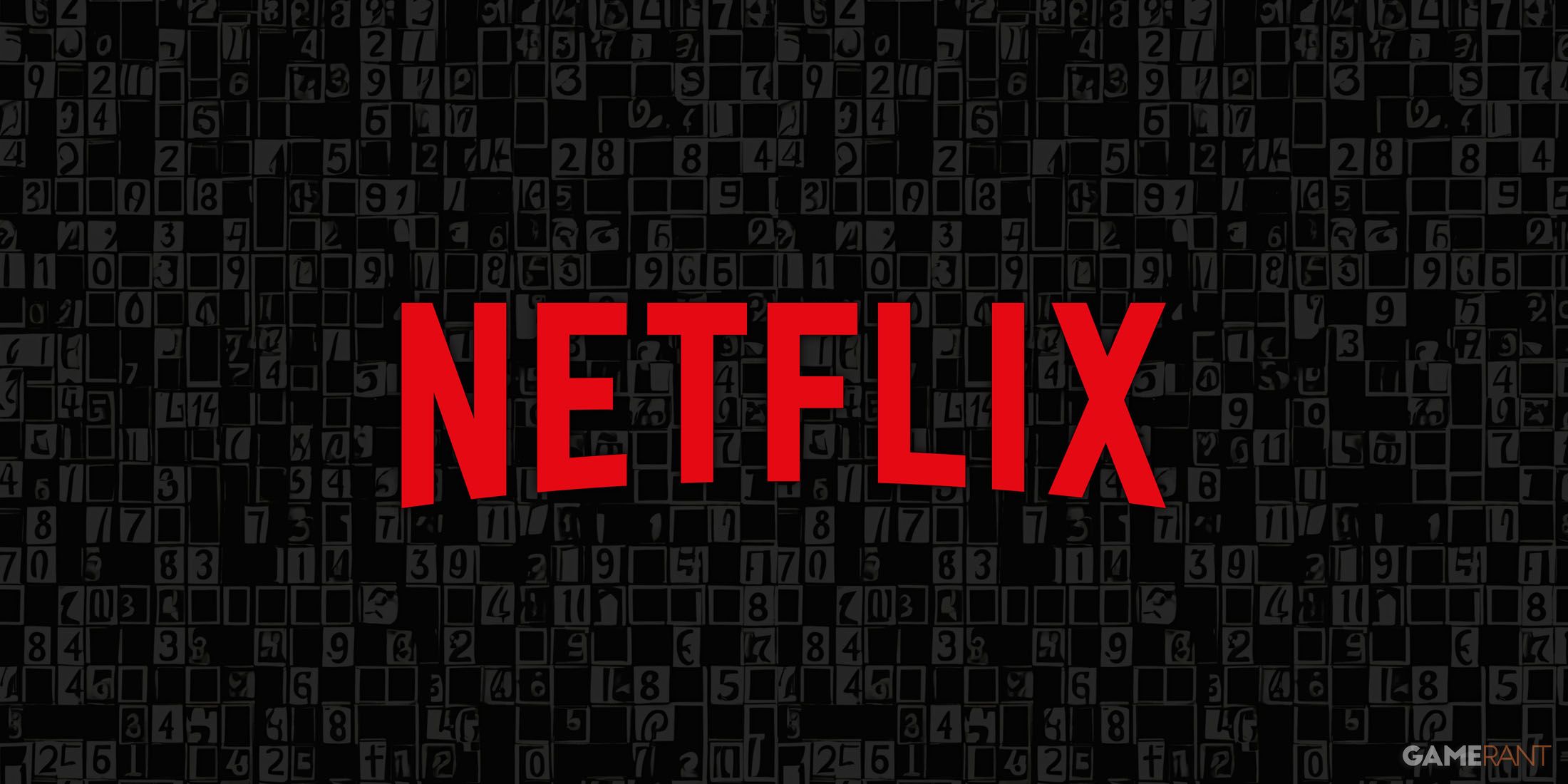Summary
- Piracy causes huge financial losses and jeopardizes the entertainment industry’s investments.
- The FADPA aims to amend US copyright law to block foreign piracy websites.
- Major companies support the bill, but critics fear it could lead to censorship and benefit big corporations.
Quick Links
Piracy has long been a controversial issue in the entertainment industry. Companies, like One Piece publisher Shueisha, claim they lose millions (or even billions) of dollars due to it, thus strongly harming the industry and potentially jeopardizing new investments due to the losses.
On the other hand, advocates usually claim piracy is a tool to grant people access to culture and entertainment, as well as to preserve content that most companies are not interested in (especially old movies, series, games and so on) – but there has been a focus on anime content.
Related
Major Anime Piracy Website Surpasses Disney+ And Crunchyroll In Visitors
Disney+ And Crunchyroll have been surpassed by an other streaming website. Here’s what you need to know.
Regardless of the basis of these claims, illegal distribution of copyrighted content is a felony in most countries today, including the US. In several of them, accessing pirated content might be considered a misdemeanor.
In the last two decades, enforcement against digital copyright infringement has grown, especially in countries that have a strong entertainment industry – because these big players usually press the government to be harsher on piracy. Third World countries (or developing countries) are also being pressured to crack down on piracy, as many pirate distributors prefer to operate in these countries due to laxer laws or loose enforcement.
In this scenario, Rep. Zoe Lofgren proposed the Foreign Anti-Digital Piracy Act (FADPA) in the US Congress on January 29, 2025.
What Is the Foreign Anti-Digital Piracy Act?
The FADPA is an attempt to amend the American copyright law, focusing on “foreign websites” (websites hosted outside the US) primarily designed to infringe copyright – that means things like anime piracy streaming sites, manga piracy platforms and so on. Of course, the bill doesn’t focus solely on manga or anime, but could have a huge impact on it if approved.
Basically, the bill proposes a regulatory framework to allow copyright holders to petition large ISPs (Internet service providers) and DNS providers (Cloudfare, for example) to block access to pirate websites – also allowing these websites to defend themselves before the court grants or denies the request.
According to TorrentFreak, DNS providers are usually excluded from site blocking regulations. Cloudfare has been reluctant to accept blocking requests, although it has done it a few times, under court decisions.
If the bill is approved, there would be a clear order of steps until any request is granted:
- Copyright owners/ licensees petition a preliminary order for specific domains/IP addresses in US District Court, providing substantial and reasonable basis for their request. They should also try to reach the site operators and ISPs included in the petition, in order to notify them about it.
- The court analyzes the petitions and decides if it meets the requirements – if it does, they will issue a preliminary order and copyright infringement check.
- The operator of the website can appeal the preliminary order (within 30 days).
- If the court keeps the decision, the copyright owner/licensee can request a blocking order – the court should consider other elements, such as if blocking the website harms the public interest, if the website holds non-infringing content and how it would weight on ISPs.
- The court either rejects or issues the blocking order, which should be implemented within 15 days. The order should be accessible to the public.
It is worth noticing that FADPA allows the providers to choose how to comply with the order. The orders could also be updated if the website tries to rebrand itself in order to circumvent the blocking or any other legal issue (as 9anime did when it turned into AniWave before shutting down).
Lofgren’s goal was to shield non-infringing third parties (ISP, DNS providers) from any legal liability.
Major Companies Are In, But Others Are Skeptical
As stated, the bill gives (or tries to give) the operators to contest the preliminary order, and it has been praised by some for supposedly tackling digital piracy while protecting intermediaries (DNS providers, ISPs) from liability.
The Motion Picture Association (MPA) is backing the bill – it includes major companies like Disney, Netflix, Sony Pictures, Warner Bros., Universal Pictures, Paramount Pictures, Amazon MGM Studios and Amazon Prime Video. SAG-AFTRA, 2IM, IATSE, ITIF and The Copyright Alliance also welcome the FADPA.
However, other civil groups, like Public Knowledge and Re:Create, have criticized it, claiming it is censorship and would mostly benefit big companies, working as an “internet killswitch” for them.
Japan has also been trying to crack down anime and manga piracy and this bill is likely to be well-received among Japanese companies if ever approved.
Source: CBR, TorrentFreak, Deadline












Leave a Reply